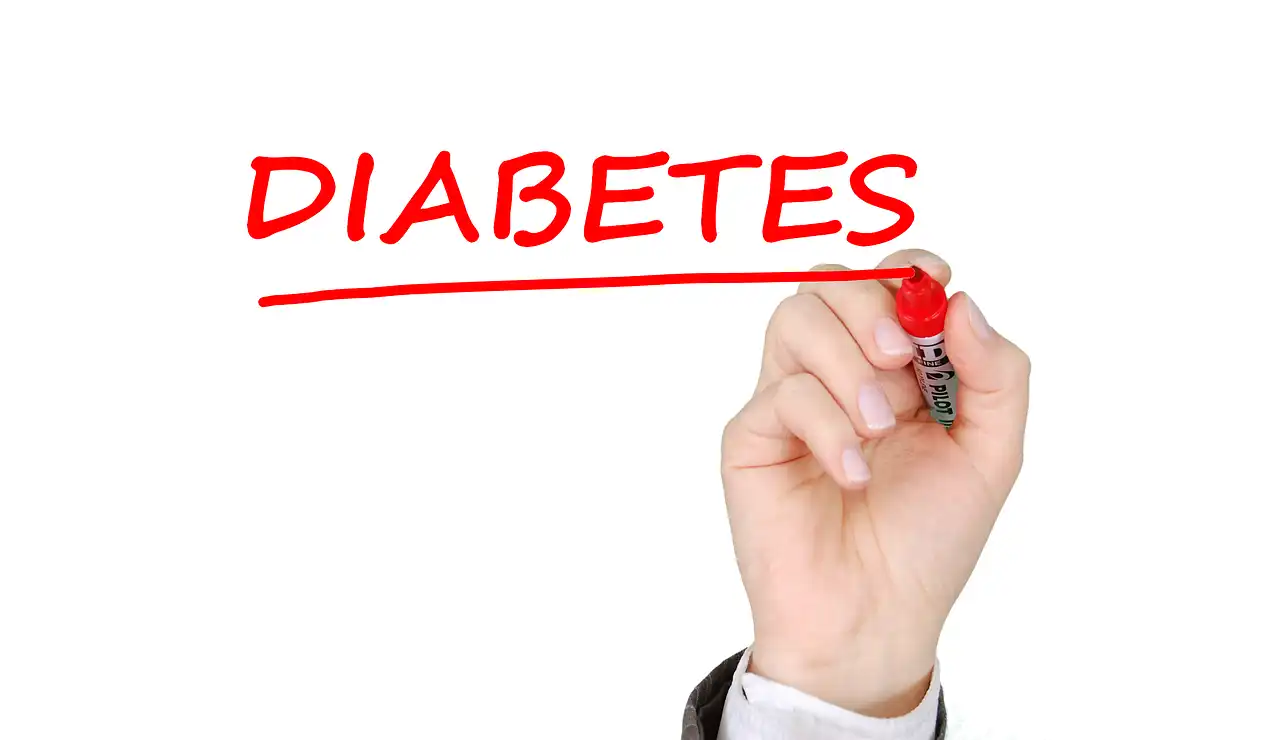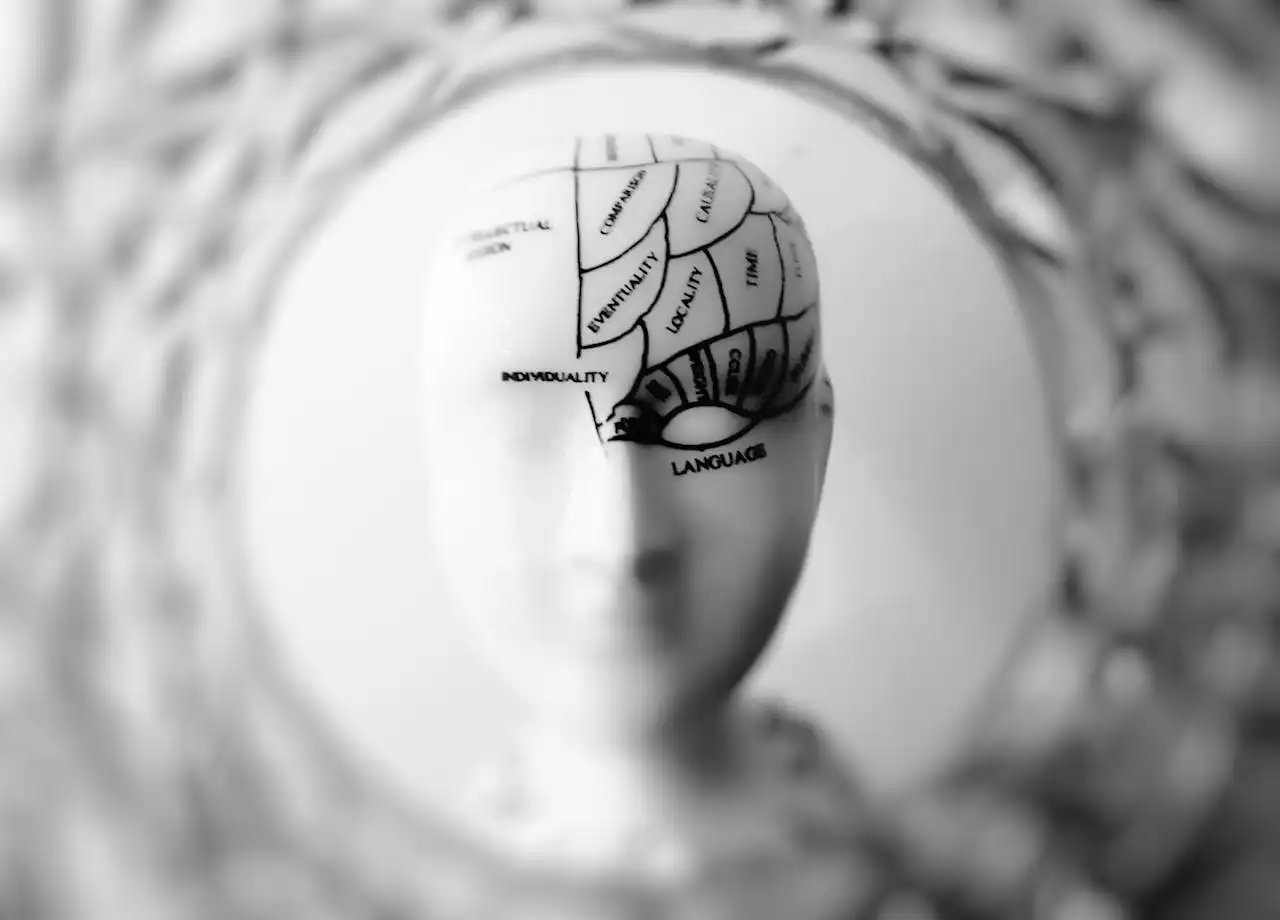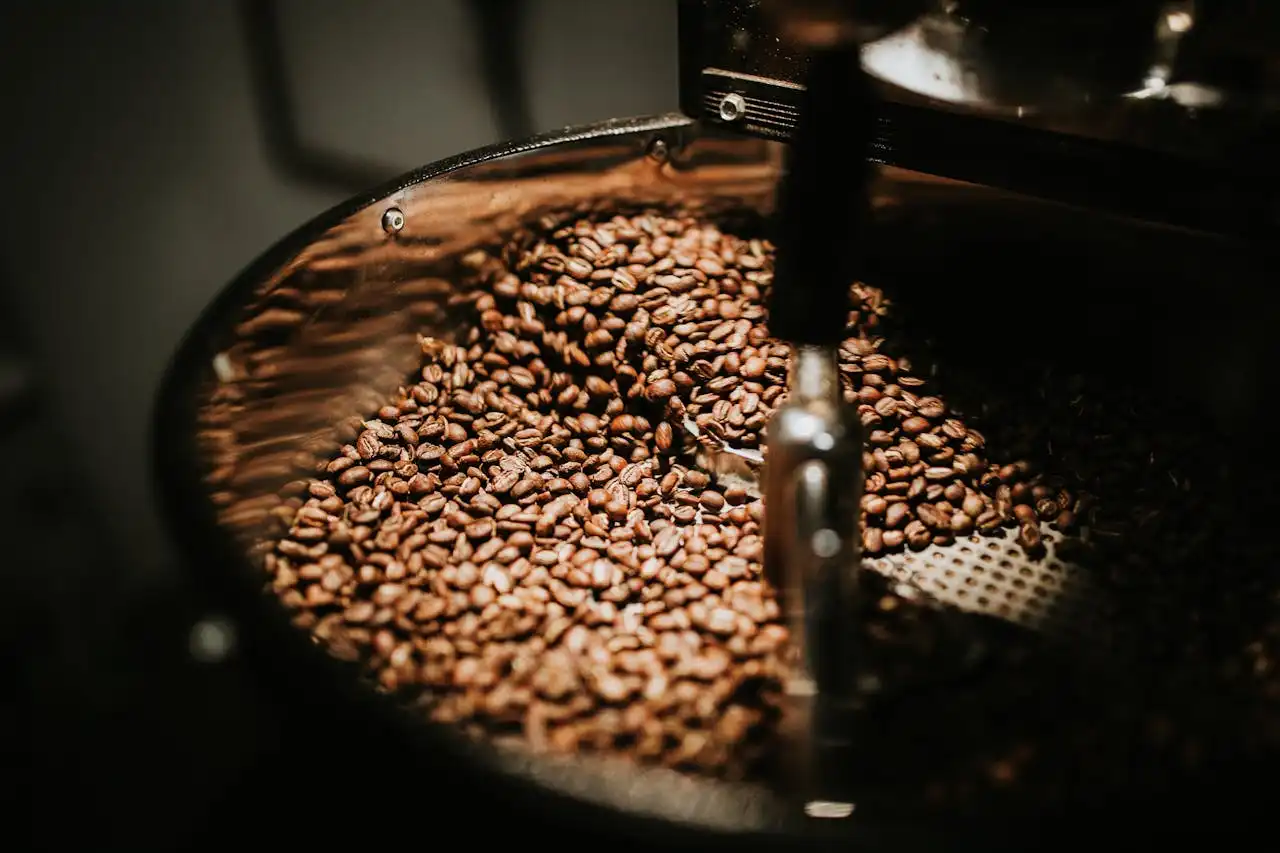Your Morning Brew Just Got a Health Upgrade: Unpacking the Surprising Link Between Coffee, Blood Sugar, and Type 2 Diabetes Risk
Muhe - Tuesday, 15 July 2025 | 02:00 PM (WIB)


The Study That Brewed New Insights
This isn't just some casual observation; we're talking about rigorous scientific inquiry here. Researchers, keen to understand the nuances of this popular beverage, set out to explore the specific compounds in coffee and how they interact with our metabolism. They weren't just looking at "coffee drinkers" versus "non-coffee drinkers" in a broad sense. Oh no, they dug deeper, investigating the biochemical pathways and the direct impact on glucose regulation. It’s a bit like peeling back the layers of an onion, or in this case, the layers of a coffee bean, to see what magic lies within. Here's the kicker: the study zeroed in on certain compounds in coffee, like chlorogenic acid and other antioxidants. These aren't just fancy names; they're the heavy-lifters believed to play a role in how our bodies process sugar. Chlorogenic acid, for instance, has been found to slow down glucose absorption in the gut and improve insulin sensitivity. Think of it as a subtle nudge to your body's sugar-handling machinery, helping it work more efficiently. It's not a magic pill, but it’s certainly an interesting player on the field. What the researchers observed was quite compelling: regular, moderate coffee consumption was associated with a reduced risk of developing Type 2 Diabetes. We're not talking about chugging gallons of espresso and calling it a health plan, but rather consistent, sensible intake. The findings suggest a dose-dependent relationship, meaning that within reasonable limits, the more coffee participants consumed, the lower their risk seemed to be. It’s like a little health bonus tacked onto your morning routine!Beyond the Basics: Nuances and Takeaways
Now, before you go chugging a super-sized iced latte loaded with syrups and whipped cream, a crucial caveat: we're largely talking about black coffee here. Or, at least, coffee with minimal additions. Adding heaps of sugar, cream, or other calorie-dense ingredients can easily negate any potential benefits from the coffee itself. It’s a bit like adding a spoiler to a bicycle – cool, maybe, but not really helping with the speed where it matters. The beneficial compounds are in the coffee itself, not the sugary extras that often turn a simple cup into a dessert. Furthermore, it's important to remember that while this study adds another compelling piece to the puzzle, coffee isn’t a standalone cure or a license to ditch other healthy habits. Maintaining a balanced diet rich in whole foods, getting regular physical activity, managing stress, and ensuring adequate sleep are all still paramount in preventing Type 2 Diabetes and maintaining overall health. Coffee can be a supportive player, perhaps even a valuable ally, but it’s not the entire team. Think of it as a helpful assistant, not the CEO of your well-being. So, what does this mean for your daily ritual? It means that enjoying your coffee, in moderation and preferably without a sugar overload, could actually be a small but significant step in your health journey. It’s a comforting thought, isn't it? That something so ingrained in our daily lives might also be quietly working behind the scenes to keep us healthier. It gives a whole new meaning to "good to the last drop." In conclusion, the ongoing scientific exploration into coffee continues to yield fascinating insights. This new study significantly strengthens the argument for coffee’s potential role in reducing the risk of Type 2 Diabetes by influencing blood sugar regulation. So, the next time you pour yourself a cup, know that you might be doing more than just satisfying a craving; you might just be giving your body a little helping hand in staying healthy. Cheers to that!
How to Relax Your Mind During the Weekend
6 months ago

ChatGPT's Compassionate Turn: How AI Is Learning to Handle Mental Health Crises Better
6 months ago

Coffee vs. Tea: The Morning Brew Showdown That's More Than Just a Cuppa
6 months ago

Cracking the Code: Your Guide to Taming Those Beastly Migraines
6 months ago

Fuel Your Supercomputer: Five Foods That Will Level Up Your Brainpower
6 months ago

Unlocking Your Inner Shield: Five Veggies That Are Basically Superheroes for Your Immune System
6 months ago

Your Secret Weapon for Weight Loss? It's As Simple As Putting One Foot in Front of the Other
6 months ago

Forever Young: The Secret to a Glowing, Timeless Life
6 months ago

Your Gut Feeling is Right: How to Feed Your Inner Universe for a Happier, Healthier You
6 months ago

Navigating Your Daily Grind: When Does Your Coffee Habit Cross the Line?
6 months ago
